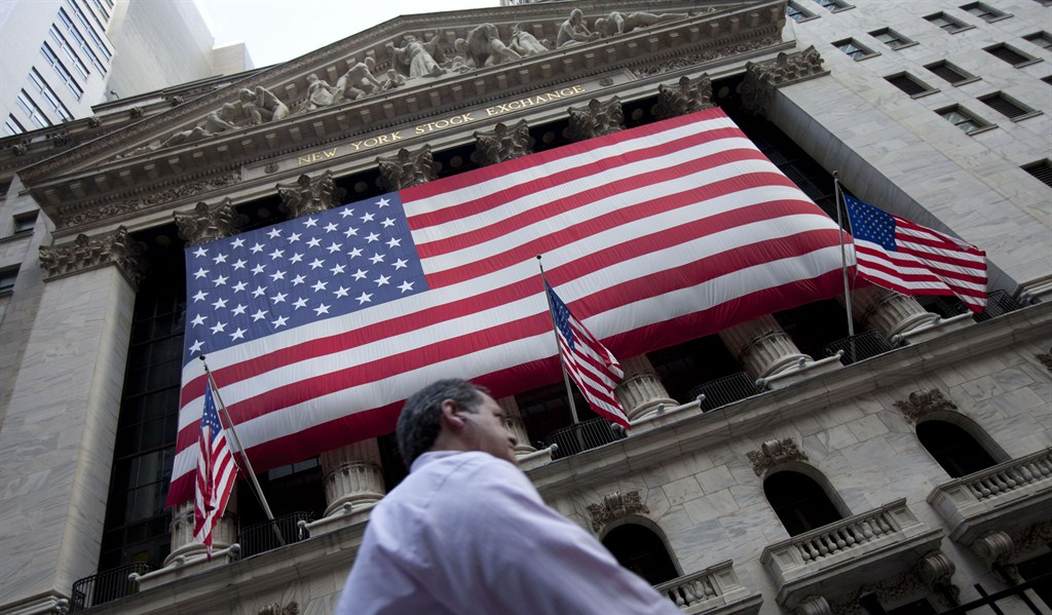“The stock market and the economy are two different things.”
– Milton Friedman
The Nasdaq last week finally hit an all-time high, surpassing the 5,000 level achieved 15 years ago in March 2000. It took much longer for the Nasdaq to hit record highs than the Dow or the S&P 500 due to the dot-com frenzy in 2000 that sent the technology-heavy Nasdaq soaring.
The Nasdaq record set off another round of predictions by the doomsayers of another “imminent crash.” In the past few months, we’ve seen dire forecasts, including one from Congressman Ron Paul. Many of the warnings are aimed at seniors who are vulnerable to irresponsible scare tactics.
In addition, the Nasdaq has nearly quadrupled in six years – at a time when the Cassandras were warning of another collapse. How wrong they were!
There’s a big difference between the Nasdaq of 2000 and today. Back then, the high-tech stock index was selling at 175 times earnings. Today, it is selling for 30 times earnings.
Are stocks too expensive? They are certainly fully priced, and today’s market is vulnerable. We haven’t had a serious correction in years.
Yesterday, the first-quarter real Gross Domestic Product (GDP) growth rate came in at an anemic 0.2%, confirming my view that the economy has slowed to a crawl.
Last week, the quarterly Gross Output (GO) and B2B (business-to-business spending) data that I have been championing were released by the federal government. Real GO, which measures spending at all stages of production, rose only 2.6% on an annualized basis, and B2B climbed only 2.5%, much slower than past quarters.
It is not enough to cause a recession, but it’s enough to worry Fed Chair Janet Yellen and her colleagues at the U.S. central bank to extend its easy-money policies. In short, the Fed won’t raise rates any time soon and, in fact, will engage in printing more money.
Last weekend, I talked to Robert Kuttner, former chief economist at BusinessWeek, who told me that the Fed’s low interest rate policy has been good for the economy on net balance. He will be the defending attorney when we put “The Fed on Trial” at FreedomFest on July 10 (see our newly designed website: www.FreedomFest.com).
Certainly, low rates have been good for the stock market and our portfolio. And I think that trend will continue, especially for dividend-paying stocks in Forecasts & Strategies. It is the golden age of income investment.
Remember, the stock market is always looking forward. With a weak economy, the Fed is unlikely to raise rates any time soon and will continue to pump new money into the system. Much of that new money is likely to go into the stock market.

























Join the conversation as a VIP Member